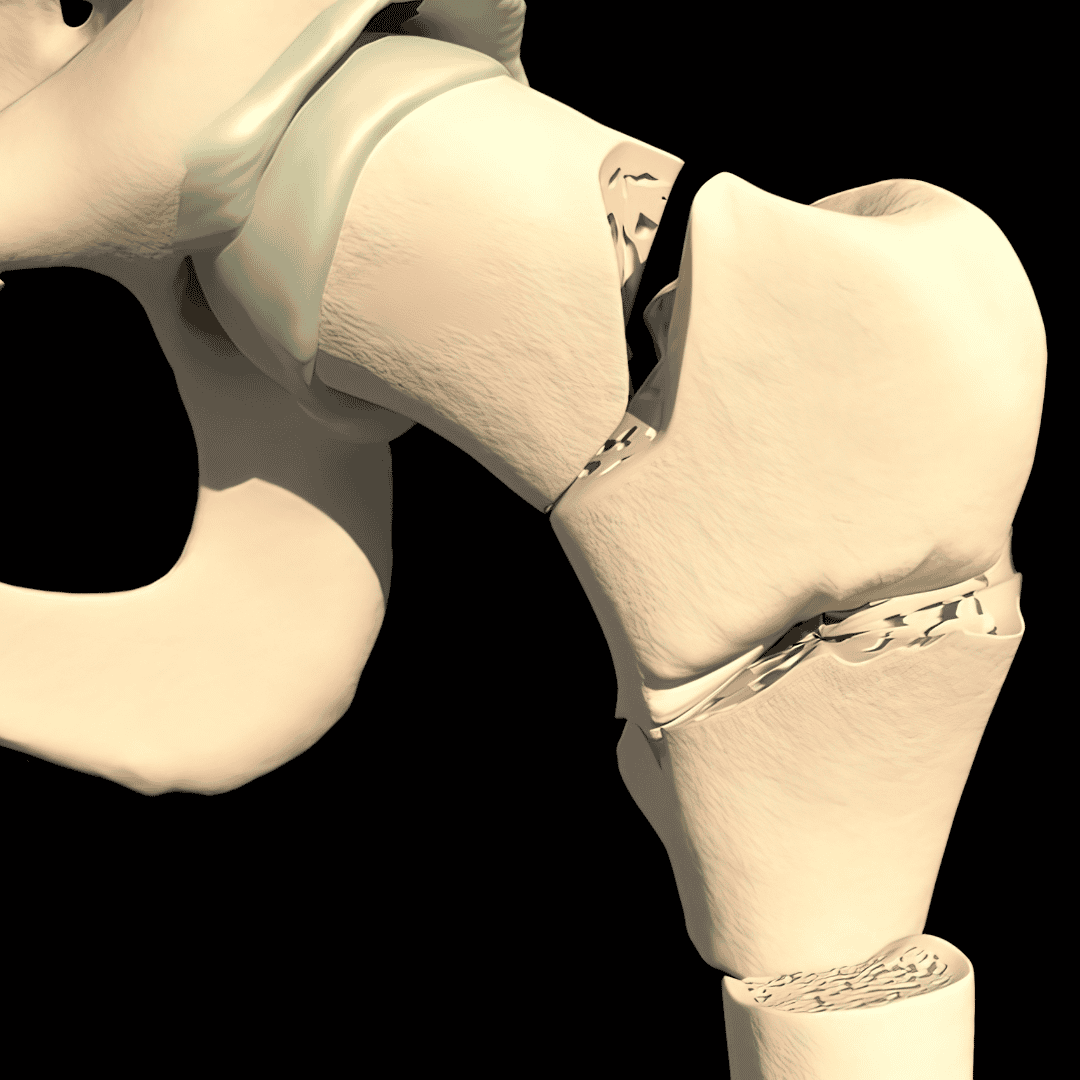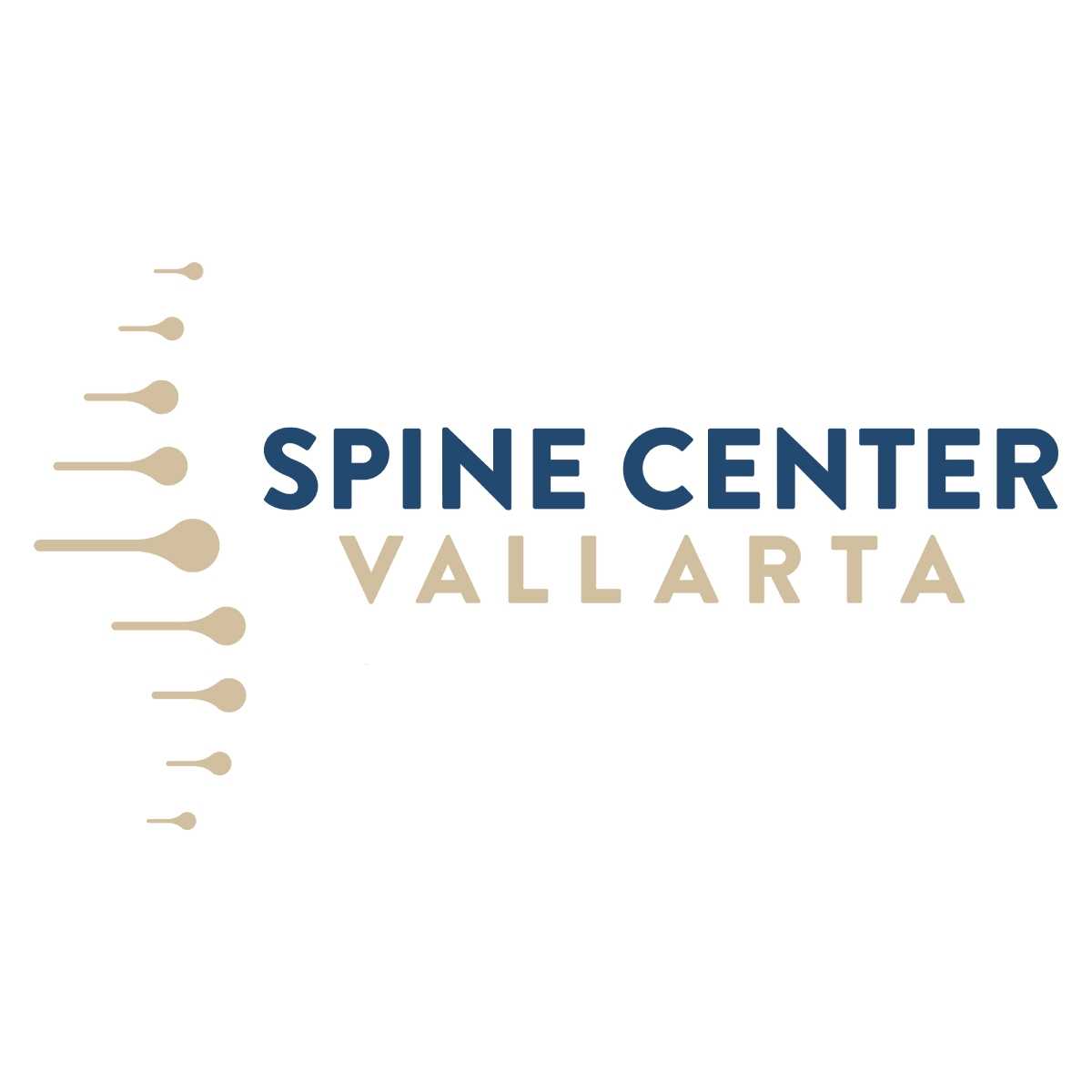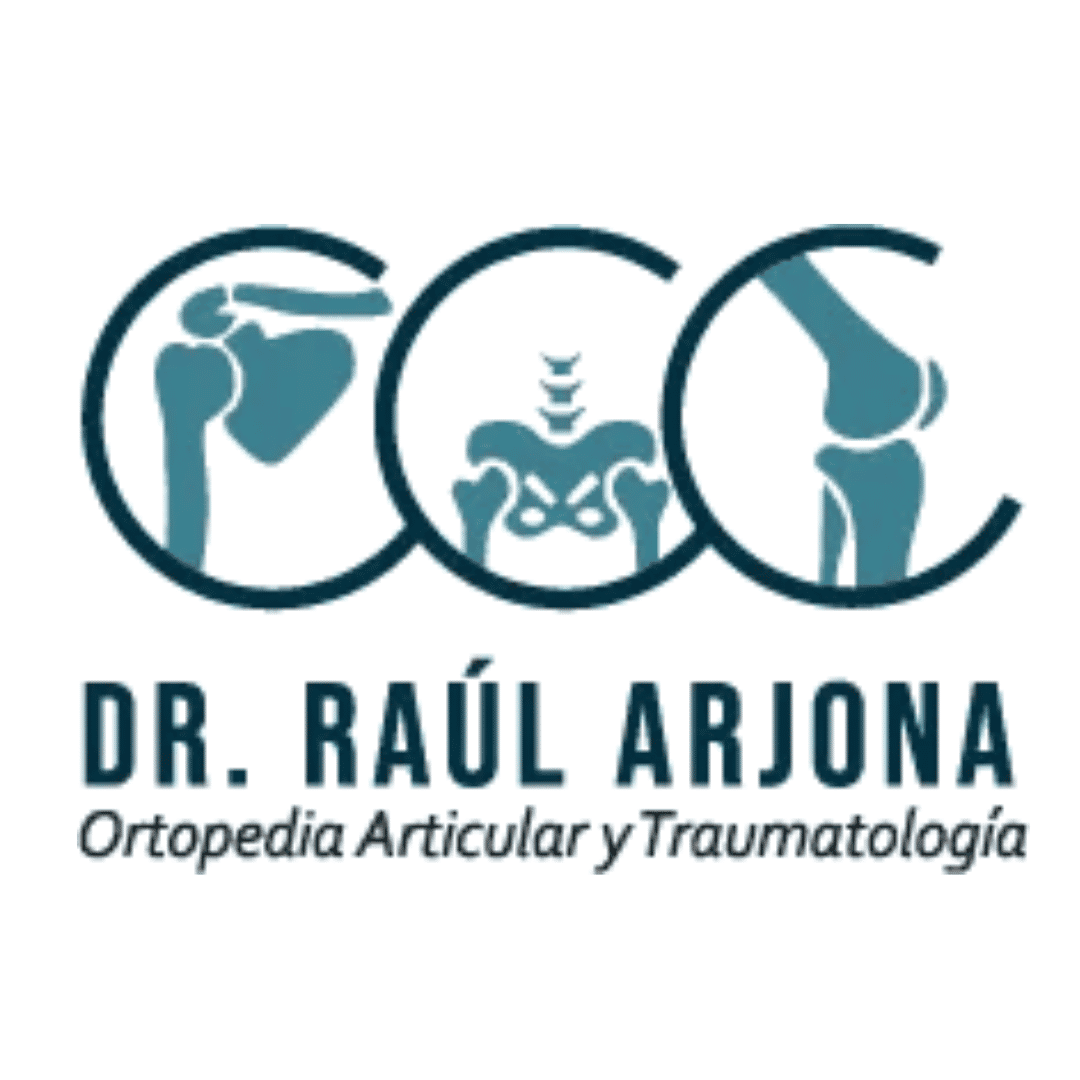Understanding How US Insurance Applies to Orthopedic Surgery in Mexico

Many people consider orthopedic surgery in Mexico due to significantly lower costs compared to the United States. The question of whether US insurance can be used for such procedures is common. While it's not always straightforward, there are situations where your US health insurance might offer some coverage or reimbursement for medical procedures abroad. It’s crucial to understand your policy's specifics and explore alternative options to ensure a smooth and financially manageable experience. This guide will delve into the nuances of using your US insurance for orthopedic surgery in Mexico, addressing common questions and providing detailed explanations.
Can I use my US health insurance for orthopedic surgery in Mexico?
"In most cases, standard US health insurance plans, including Medicare and Medicaid, do not directly cover orthopedic surgery or other medical care received outside the United States. However, some private or international health insurance plans may offer limited coverage or reimbursement for medical procedures abroad, particularly in emergencies or if pre-authorized."
While the general rule is that your domestic US health insurance won't directly cover scheduled orthopedic surgery in Mexico, there are important exceptions and considerations. Medicare generally does not provide coverage for healthcare services outside the U.S., with very rare and specific exceptions related to emergencies in border areas. Similarly, Medicaid is typically limited to services within the state where it was issued.
For private US health insurance plans, the terms vary widely. Some higher-tier plans or those specifically designed for international travel might include provisions for overseas medical care. It's essential to contact your insurance provider directly and inquire about their policy on "out-of-network" or "international" coverage for planned medical procedures. Be prepared to discuss the specific orthopedic surgery you are considering, the reason for seeking it in Mexico, and any pre-authorization requirements.
Do I need prior authorization from my US insurance for surgery in Mexico?
"Yes, if your US insurance plan offers any form of coverage for orthopedic surgery in Mexico, you will almost certainly need prior authorization from your insurer. Failing to obtain this can result in your claim being denied, even if the procedure would otherwise be covered."
Prior authorization is a critical step when seeking any medical treatment, especially for orthopedic surgery performed internationally. Insurance companies use this process to ensure that the proposed treatment is medically necessary and meets their coverage criteria. Even if your plan has a provision for international coverage, it's highly unlikely they will cover a planned orthopedic surgery in Mexico without a formal pre-approval. This often involves submitting detailed medical reports, a treatment plan from the Mexican clinic, and cost estimates. The insurance company will then review these documents to determine if the procedure is covered and what percentage they will reimburse.
What types of US insurance might cover orthopedic surgery abroad?
"While rare for routine procedures, some US insurance plans that might offer coverage for orthopedic surgery abroad include high-deductible plans with health savings accounts (HSAs) that allow for medical expense reimbursement, specific international health insurance policies, or travel medical insurance plans."
Most standard US health insurance policies are designed for domestic use. However, if you're looking into orthopedic surgery in Mexico, consider the following types of coverage:
- International Health Insurance: These plans are specifically designed for individuals who live or travel frequently outside their home country. They offer comprehensive coverage in multiple countries and are often the most reliable option for planned medical procedures abroad.
- Travel Medical Insurance: This is a short-term policy that provides coverage for medical emergencies and sometimes pre-planned treatments while traveling internationally. It’s crucial to read the policy carefully, as coverage for pre-existing conditions or elective orthopedic surgery can be limited or excluded.
- High-Deductible Health Plans (HDHPs) with HSAs: While the plan itself might not cover international treatment, you can use funds from your Health Savings Account (HSA) to pay for qualified medical expenses incurred anywhere, including orthopedic surgery in Mexico. This effectively allows you to use pre-tax dollars for your procedure, but it doesn't mean your insurance "covers" it in the traditional sense.
How do costs for orthopedic surgery in Mexico compare to the US?
"Orthopedic surgery costs in Mexico are significantly lower than in the US, often ranging from 50% to 70% less. For example, a hip replacement in Mexico might cost between $7,000 and $15,000, while in the US, the same procedure can exceed $35,000 to $50,000."
The substantial cost difference is a primary driver for seeking orthopedic surgery in Mexico. This cost disparity is due to several factors, including lower overheads for medical facilities, reduced malpractice insurance costs for doctors, and generally lower labor expenses. For instance, a knee replacement in Mexico might range from $9,000 to $14,000, whereas in the US, it could be upwards of $20,000 to $70,000. These prices typically include the surgeon's fees, anesthesia, hospital stay, and sometimes even post-operative care and rehabilitation, offering a comprehensive package that is hard to match in the United States.
Will Medicare cover orthopedic surgery in Mexico?
"No, Medicare generally does not cover orthopedic surgery or any medical care received outside the United States, with very limited exceptions for emergencies in contiguous areas or on a cruise ship within U.S. territorial waters."
Medicare is a federal health insurance program for Americans aged 65 or older and certain younger people with disabilities. Its coverage is primarily limited to services provided within the United States. While there are extremely rare circumstances where Medicare Part A (Hospital Insurance) or Part B (Medical Insurance) might cover emergency care in a foreign hospital if you're in the U.S. and the nearest hospital is abroad, or on a ship in U.S. territorial waters, these exceptions do not apply to planned orthopedic surgery in Mexico. Therefore, if you are a Medicare beneficiary, you will need to explore private international health insurance or pay for the procedure out-of-pocket.
What is medical tourism, and how does it relate to orthopedic surgery in Mexico?
"Medical tourism refers to the practice of traveling to another country to receive medical care, often driven by lower costs, shorter wait times, or access to specialized treatments. Orthopedic surgery in Mexico is a popular example of medical tourism due to its affordability, quality facilities, and proximity to the US."
Medical tourism has become a significant trend, allowing individuals to access high-quality healthcare at a fraction of the cost they would pay in their home countries. Mexico, in particular, has emerged as a leading destination for medical tourism for orthopedic surgery. Many Mexican hospitals and clinics catering to international patients offer state-of-the-art facilities, highly qualified surgeons (often US-trained or board-certified), and English-speaking staff. This combination of affordability, quality, and convenience makes orthopedic surgery in Mexico an attractive option for those seeking solutions for joint replacements, spinal procedures, or other orthopedic needs.
What are the benefits of having orthopedic surgery in Mexico?
"The benefits of orthopedic surgery in Mexico include significant cost savings, shorter wait times, access to highly qualified and often US-trained surgeons, modern medical facilities, and the opportunity to combine treatment with a recovery vacation."
Beyond the considerable cost savings, choosing orthopedic surgery in Mexico offers several other advantages:
- Reduced Wait Times: In some countries, patients face long waiting lists for orthopedic procedures. Mexico often provides faster access to appointments and surgery.
- Quality of Care: Many hospitals in Mexico are internationally accredited (e.g., by Joint Commission International - JCI) and maintain high standards of care, similar to those in the US.
- Experienced Surgeons: A growing number of Mexican orthopedic surgeons have received training in the US or Europe, bringing international expertise to their practice.
- Modern Facilities: Clinics catering to medical tourists are often equipped with advanced technology and offer comfortable amenities.
- Proximity and Travel Ease: For US citizens, Mexico's close proximity makes travel relatively easy and affordable, reducing the overall burden of seeking care abroad.
What are the risks of orthopedic surgery in Mexico without US insurance coverage?
"The risks of orthopedic surgery in Mexico without direct US insurance coverage include the need for significant upfront payment, potential difficulties with post-operative follow-up care in the US, and limited recourse for complications if not adequately covered by a separate medical tourism insurance policy."
While the benefits are appealing, it's vital to be aware of the potential risks, especially without adequate insurance coverage:
- Financial Risk: Without insurance, you are responsible for the entire cost of the orthopedic surgery, including any unexpected complications or extended stays.
- Continuity of Care: Follow-up care once you return to the US might be challenging if your local doctors are unwilling to manage care initiated abroad, or if your US insurance won't cover follow-up treatments related to the surgery performed in Mexico.
- Quality Assurance: While many Mexican facilities are excellent, it's crucial to thoroughly research and choose accredited hospitals and experienced surgeons to minimize risks.
- Legal Recourse: Navigating legal issues or malpractice claims in a foreign country can be complex and expensive.
- Communication Barriers: While many facilities have English-speaking staff, language differences can still be a concern for some patients.
Should I purchase medical tourism insurance for orthopedic surgery in Mexico?
"Yes, it is highly recommended to purchase a specialized medical tourism insurance policy or comprehensive travel medical insurance if you are planning orthopedic surgery in Mexico. This type of insurance can cover unforeseen medical complications, emergency evacuations, and sometimes even trip interruptions."
Given the limitations of standard US health insurance, a dedicated medical tourism insurance policy is a wise investment. These policies are designed to bridge the gaps in coverage for international medical procedures. Look for policies that specifically cover:
- Medical Complications: Coverage for unexpected complications arising from the orthopedic surgery.
- Emergency Medical Evacuation: The cost of transporting you back to the US for further medical treatment if necessary.
- Trip Interruption/Cancellation: Protection against unexpected events that might force you to cancel or cut short your trip.
- Repatriation of Remains: While grim, it's a practical consideration. Always read the fine print to understand what is covered, excluded, and the limits of coverage, especially concerning pre-existing conditions.
What documents do I need for orthopedic surgery in Mexico?
"For orthopedic surgery in Mexico, you will typically need your passport, any required visas (though US citizens often don't need a visa for short medical stays), your medical records from the US, and a copy of your medical tourism insurance policy or financial arrangements for payment."
To ensure a smooth experience for your orthopedic surgery in Mexico, prepare the following:
- Passport: Ensure your passport is valid for at least six months beyond your planned stay.
- Visa: US citizens generally do not require a visa for short medical stays in Mexico, but it's always good to check current regulations.
- Medical Records: Bring comprehensive copies of your medical history, diagnostic tests (X-rays, MRIs), doctor's notes, and medication lists. Having these translated into Spanish might be helpful, though many clinics catering to international patients will have English-speaking staff.
- Insurance Documents: Have your medical tourism insurance policy details readily available, along with contact information for your insurer.
- Financial Arrangements: Proof of funds or payment arrangements for the surgery, if not covered by insurance.
How do I find a reputable facility for orthopedic surgery in Mexico?
"To find a reputable facility for orthopedic surgery in Mexico, look for hospitals with international accreditations like Joint Commission International (JCI), research surgeon credentials and experience (especially those with US training), read patient reviews, and consider using a reputable medical tourism facilitator."
Choosing the right facility and surgeon is paramount for a successful orthopedic surgery in Mexico.
- Accreditation: Prioritize hospitals that have international accreditations, such as JCI, which signifies adherence to global standards of patient safety and quality of care.
- Surgeon Credentials: Verify the surgeon's qualifications, board certifications, and experience with the specific orthopedic procedure you need. Many top Mexican surgeons have trained or practiced in the US.
- Patient Reviews and Testimonials: Look for feedback from other international patients who have undergone similar orthopedic surgeries at the facility.
- Medical Tourism Facilitators: These companies specialize in connecting patients with reputable clinics abroad, assisting with logistics, and sometimes even coordinating with insurance providers. They can offer valuable guidance and support throughout the process.
- Virtual Consultations: Many clinics offer virtual consultations, allowing you to discuss your case directly with the surgeon and assess the facility before traveling.
What is the typical recovery process after orthopedic surgery in Mexico?
"The typical recovery process after orthopedic surgery in Mexico often involves an initial hospital stay, followed by a period of local recuperation, and then a return to the US for continued physical therapy and follow-up care, depending on the complexity of the procedure."
The recovery process will vary depending on the specific orthopedic surgery. Generally, it involves:
- Hospital Stay: An initial period in the hospital for immediate post-operative care, pain management, and monitoring.
- Local Recuperation: Many patients opt to stay in Mexico for a few days to a few weeks after discharge from the hospital for initial recovery, physical therapy, and follow-up appointments with the surgeon. Some clinics offer package deals that include accommodation for this period.
- Return to US: Once cleared by the surgeon, you can return to the US. It's crucial to have a plan for continued physical therapy and follow-up care with your local doctors. Discuss this with your US physician before you go to Mexico to ensure a seamless transition.
- Long-Term Rehabilitation: Orthopedic surgery often requires extensive physical therapy and rehabilitation, which you will likely continue in the US. Confirm that your US health insurance will cover this aspect of your recovery.
Are there any specific considerations for spinal orthopedic surgery in Mexico?
"For spinal orthopedic surgery in Mexico, additional considerations include the complexity and precision required for such procedures, the importance of choosing a highly specialized and experienced spinal surgeon, and ensuring comprehensive post-operative care plans are in place due to the sensitive nature of spinal recovery."
Spinal orthopedic surgery, such as spinal fusion or discectomy, carries higher risks and requires a greater degree of specialization than some other orthopedic procedures. When considering spinal surgery in Mexico:
- Surgeon Expertise: It is even more critical to find a spinal surgeon with extensive experience and a proven track record in the specific type of spinal procedure you need. Look for surgeons who are part of international spinal societies or have advanced training.
- Advanced Technology: Ensure the facility is equipped with the latest surgical technology for spinal procedures, including intraoperative imaging and navigation systems, which can enhance safety and precision.
- Post-operative Care: Spinal surgery often requires a more intensive and longer rehabilitation period. Discuss the post-operative physical therapy and recovery plan in detail with both your Mexican surgeon and your US physician to ensure proper continuity of care upon your return.
- Travel Comfort: Consider the comfort of your travel back to the US after spinal surgery, as prolonged sitting or movement might be restricted.
Can I get a second opinion from a US doctor for orthopedic surgery in Mexico?
"Yes, it is highly advisable to get a second opinion from a US doctor before proceeding with orthopedic surgery in Mexico. This helps confirm the diagnosis, treatment plan, and ensures you understand all your options and potential risks, both domestically and internationally."
Obtaining a second opinion from a trusted US orthopedic specialist is a prudent step. This allows you to:
- Validate Diagnosis and Treatment: Confirm that the recommended orthopedic surgery is appropriate for your condition.
- Understand Alternatives: Discuss alternative treatments, their effectiveness, and risks, both surgical and non-surgical.
- Compare Approaches: Understand how the proposed procedure in Mexico compares to what would be offered in the US, in terms of technique, materials, and expected outcomes.
- Plan Post-Op Care: Discuss with your US doctor the feasibility and willingness of their practice to manage your post-operative care and rehabilitation if you have the orthopedic surgery in Mexico. This conversation is essential for seamless follow-up.
What is the process for reimbursement if my US insurance covers international surgery?
"If your US insurance policy offers reimbursement for orthopedic surgery in Mexico, the process typically involves paying for the procedure upfront, collecting all itemized bills and medical records, and then submitting a detailed claim to your insurer for review and potential reimbursement."
For the rare instances where your US insurance may offer reimbursement:
- Upfront Payment: Be prepared to pay for the orthopedic surgery and associated costs out-of-pocket in Mexico.
- Documentation: Meticulously collect all original itemized bills, receipts, medical reports, diagnostic test results, and discharge summaries from the Mexican facility. Ensure these documents are clear and ideally translated into English.
- Claim Submission: Follow your insurance company's specific procedures for submitting an international claim. This usually involves filling out extensive forms and attaching all supporting documentation.
- Reimbursement Timeline: Be aware that the reimbursement process can be lengthy, often taking several weeks or months. The amount reimbursed will depend on your policy's terms, including deductibles, co-insurance, and out-of-network limitations.
Are there medical tourism facilitators that work with US insurance?
"Some medical tourism facilitators may assist in navigating US insurance policies for orthopedic surgery in Mexico, particularly with understanding potential reimbursement avenues or helping to gather necessary documentation for claims. However, they generally do not guarantee US insurance coverage for the procedure itself."
While medical tourism facilitators primarily assist with connecting patients to international clinics and managing logistics, some may have experience dealing with US insurance claims. They can be helpful in:
- Understanding Policy Language: Interpreting complex insurance policy terms related to international coverage.
- Documentation Support: Helping you compile the required medical and financial documentation for submission to your US insurance provider.
- Communication: Acting as a liaison between you, the Mexican clinic, and your insurance company. It's important to clarify the extent of their assistance with insurance at the outset, as their primary role is facilitating the medical journey, not guaranteeing insurance coverage.
Explore PlacidWay for comprehensive solutions related to medical tourism, healthcare services, and other relevant offerings to help you make informed decisions about your orthopedic surgery in Mexico.


.png)














Share this listing